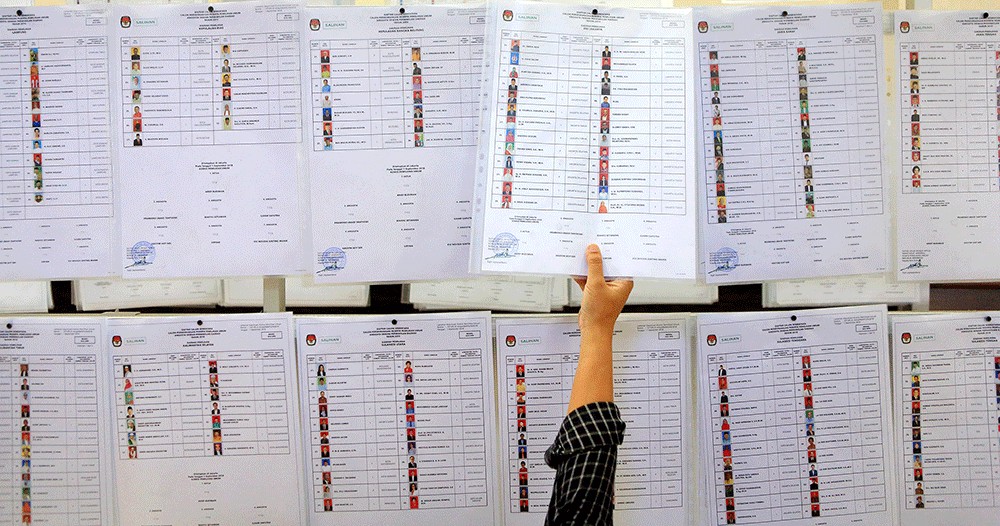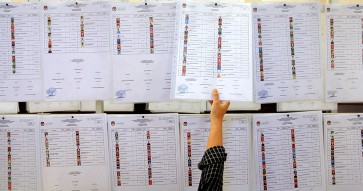Popular Reads
Top Results
Can't find what you're looking for?
View all search resultsPopular Reads
Top Results
Can't find what you're looking for?
View all search resultsRethinking elections, decentralization, parties
Electing thousands of representatives from tens of thousands of candidates, on one day, employing millions of volunteers, to comply with a difficult law, was too ambitious. #opinion
Change text size
Gift Premium Articles
to Anyone
T
hose who prepared the regulations for the recent general elections and those who managed the process down to each polling booth have my sincere respect. Electing thousands of representatives from tens of thousands of candidates, on one day, employing millions of volunteers, to comply with a difficult law, was too ambitious.
The flaws in this year’s election process are more than just the overburden of workers, hoax after hoax, and the burden of managing objections. The elections were more than just implementing the Election Law. The difficulty of voters in making choices, especially for the national legislature and local councils, can also be blamed on the Political Party Law, and on political parties. It is hard to know what parties and candidates stand for, and those with policies all focus on national issues when most of the candidates are for local legislative councils.
Back in 1999 when people feared the country would balkanize, they passed a law that required all parties to be national to assure unity of the state. Six years later, they passed a law that allowed local political parties in Aceh. Why? As an effort to assure unity of the state.
Voting and vote-counting at the local level took one day, a speed that few countries try to achieve. But the whole processes will be a year by the time the President and legislative are sworn in, one of the world’s longest processes in the world. It compares with just weeks for the entire election process in Australia in the same month.
Presidential candidates debated their policies and programs, but we heard little from parties. But it is the parties in the House of Representatives that set the legislative agenda. The National Development Planning Agency (Bappenas) drafts the five-year program before the elections.
It seems somewhat incongruent that the people elect the president based on policy platforms of candidates, but the law has others responsible for creating his agenda.
Provincial and lower legislative councils are elected now, but governors, regents and mayors will be elected at different times over the next five years. This inhibits coordination and synchronization in programs for infrastructure and public services. And all regional heads must face a change in the composition of their legislatures some time during their tenure.


















